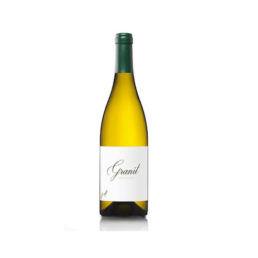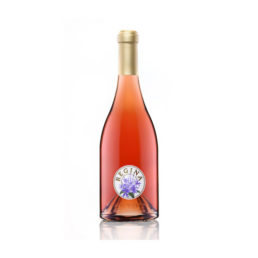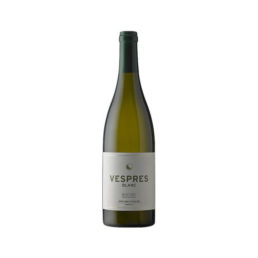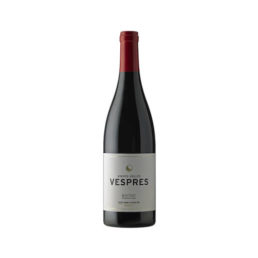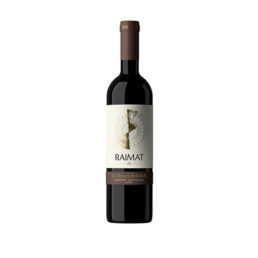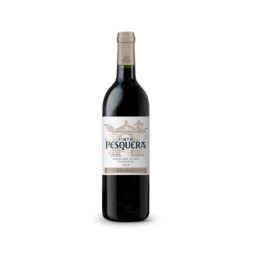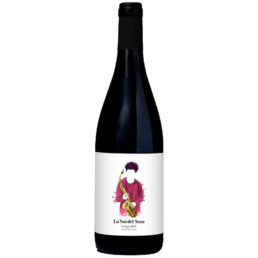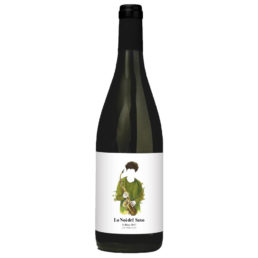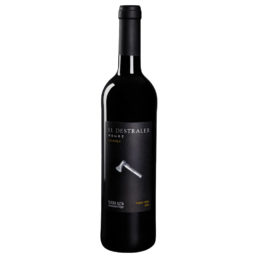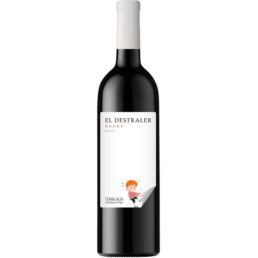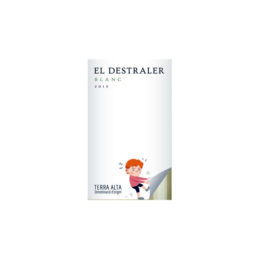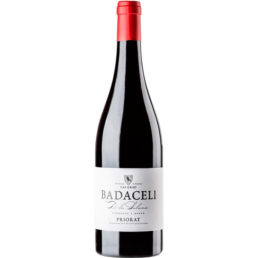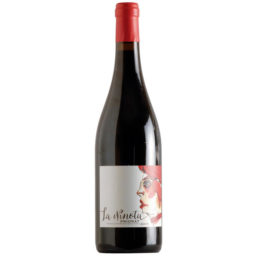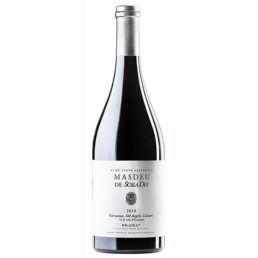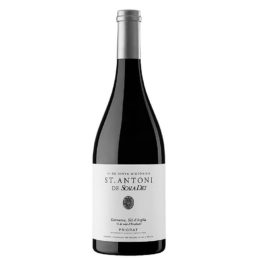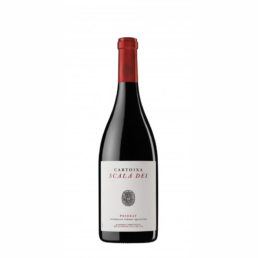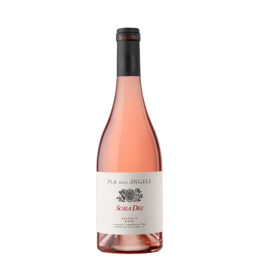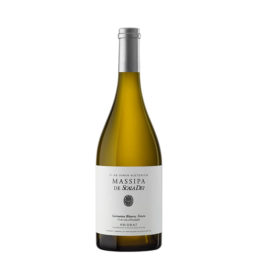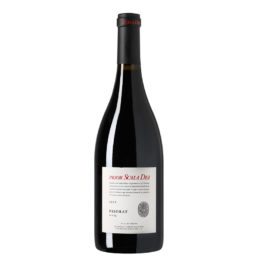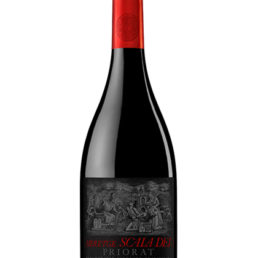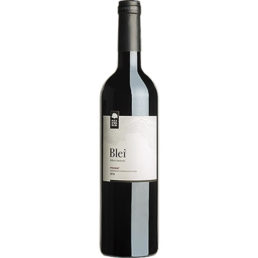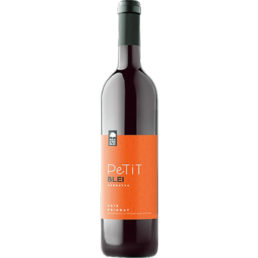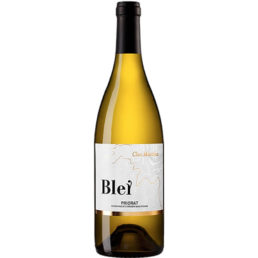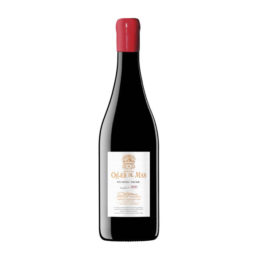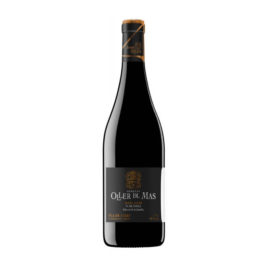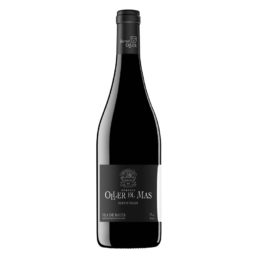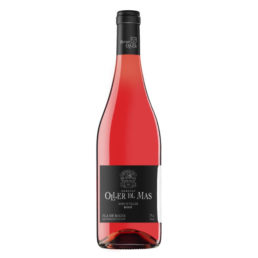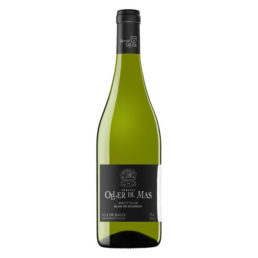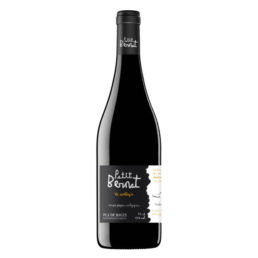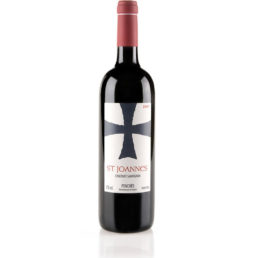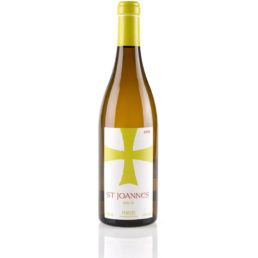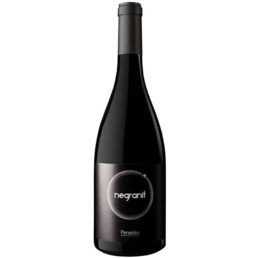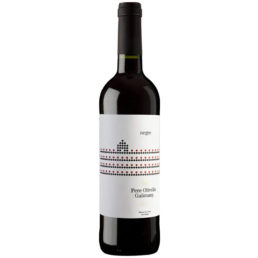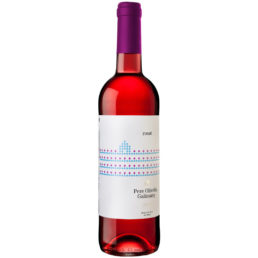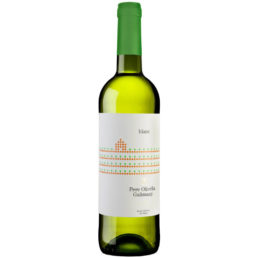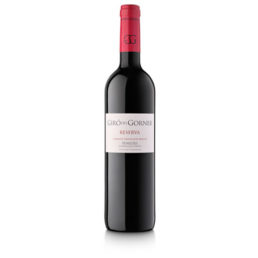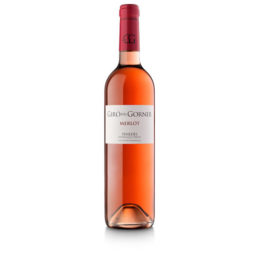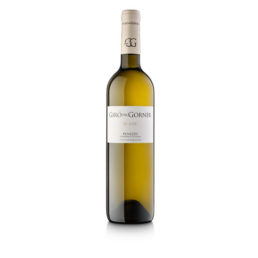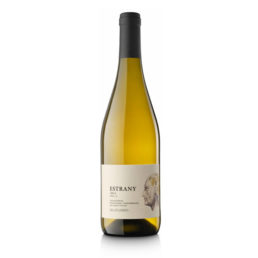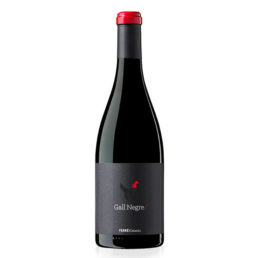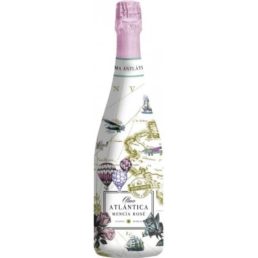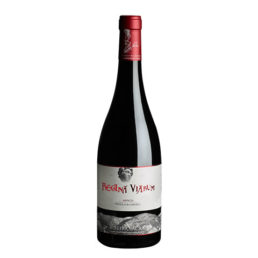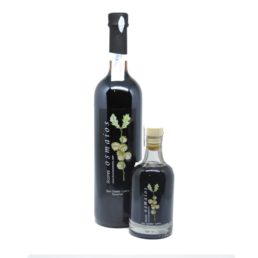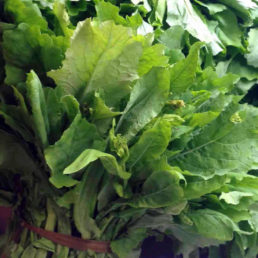Red wine Pere Olivella Galimany
The origin; vineyards of the finca's own farm Can Pere del Maset.Vinyes the Slimes, eco-friendly more 22 years located near the 450 m height. Viticulture dry, do not irrigate. Rational use and fully controlled from the copper and sulphur to try to minimize your use. We use sexual confusion to control Lobesia botrana (the european grapevine moth). Only use organic fertilizers. The harvest is performed in its optimal state of maturation phenolic, in the early morning hours, by the control of the temperature. Selection in the own vineyard, only the best grapes will be selected, harvesting by hand to ensure maximum quality of the grape.
Elaboration:
Processing by gravity in the winery, derrapado, crushed and subsequent vatting in stainless steel vats, where the maceration and post-fermentation alcoholic, always at a controlled temperature. There is No step by wood.
Pairing:
This is a wine that due to its complexity, structure and without a step-by-wood what we recommend in different combinations. Can be interesting with a few planks of cured meats (ham, loin cured, chorizo), or cheese (not overly powerful, with cow's milk, more creamy). We also recommend the typical grilled meat (white sausage and black grilled, bacon, ribs of lamb), round of beef with espigalls (or brotons). It is also an interesting display with some white meat, chicken with cherries (chicken with aromas of wild).












